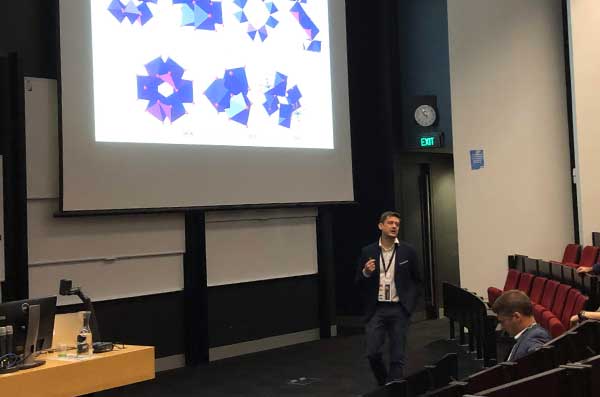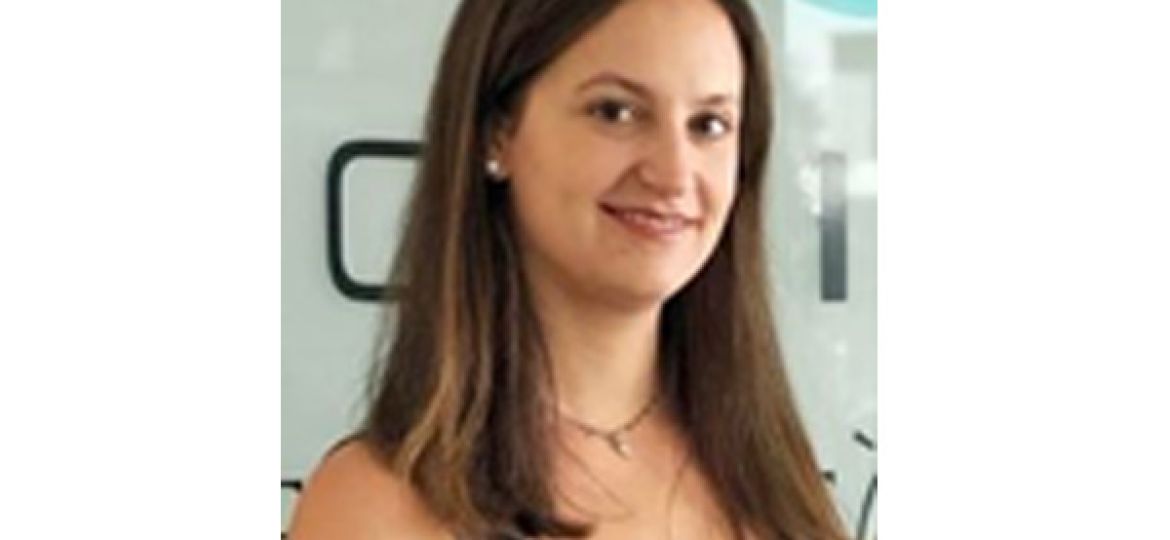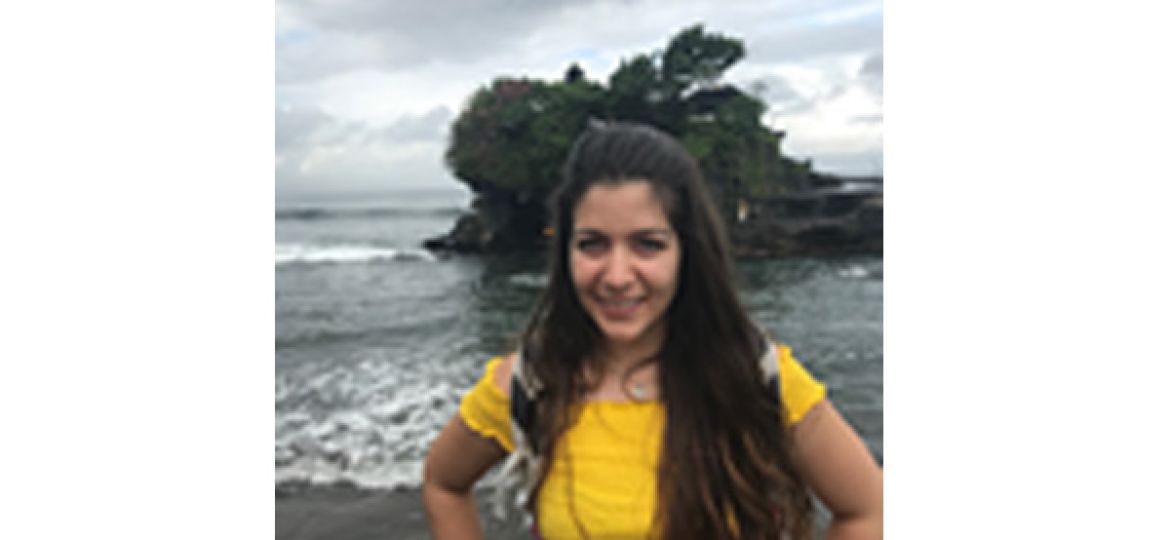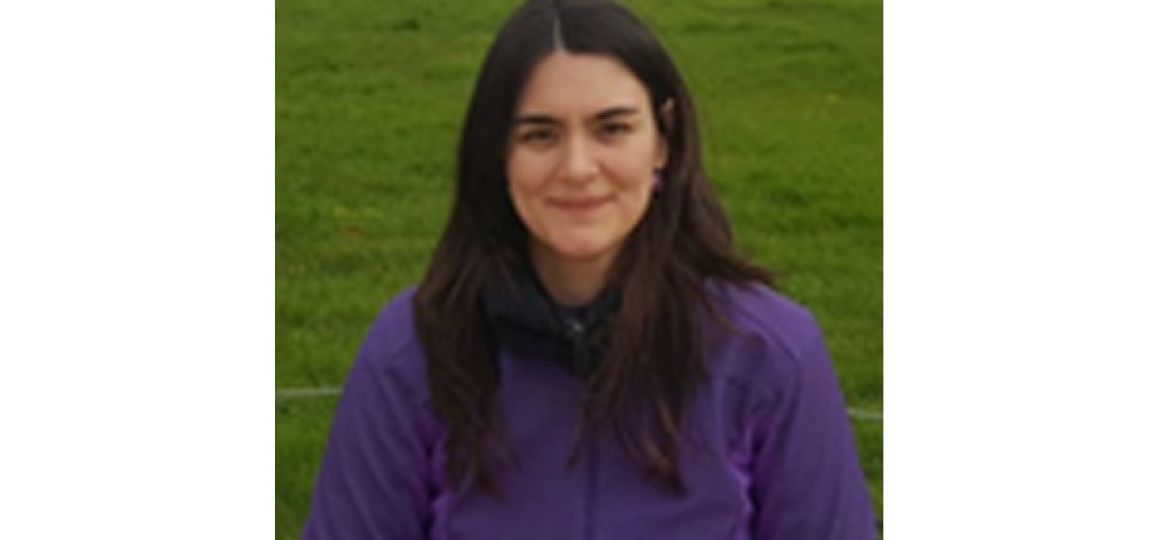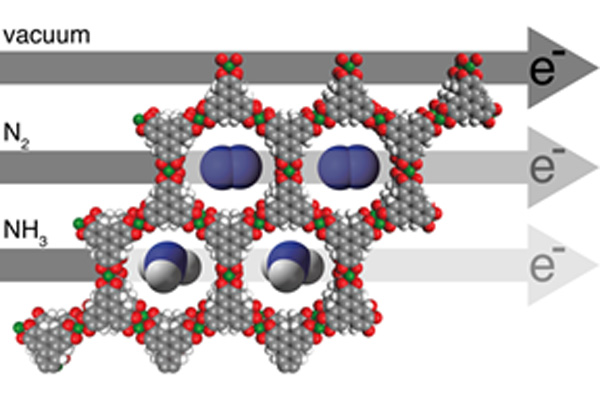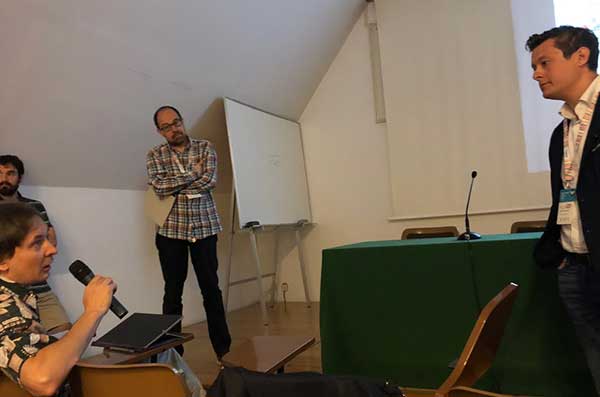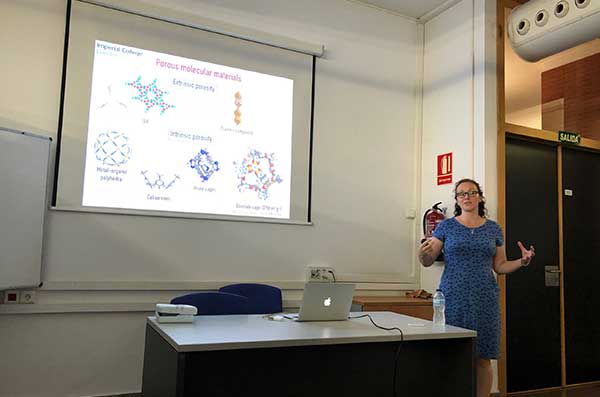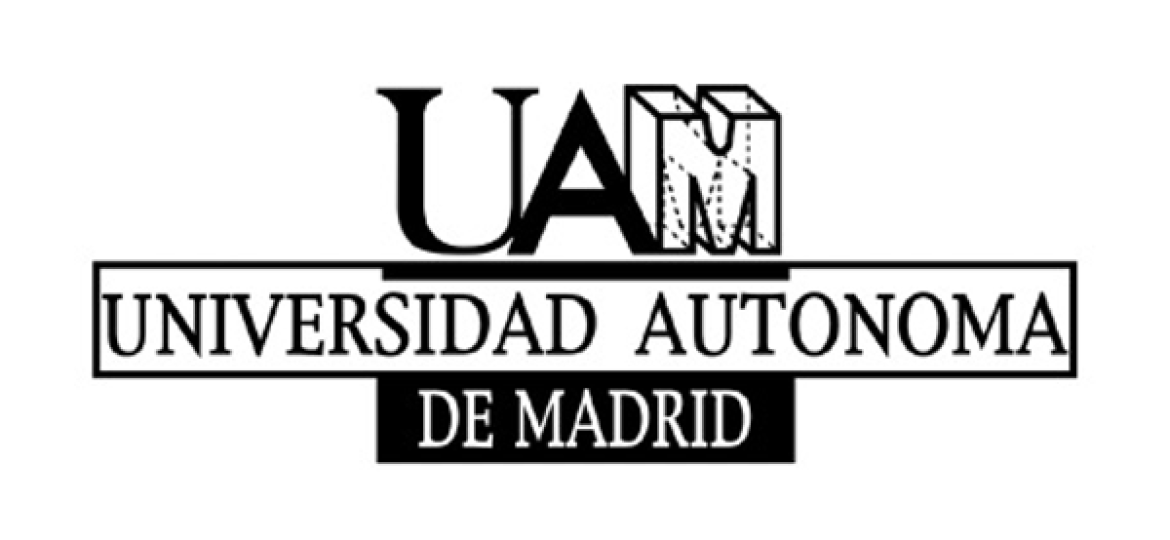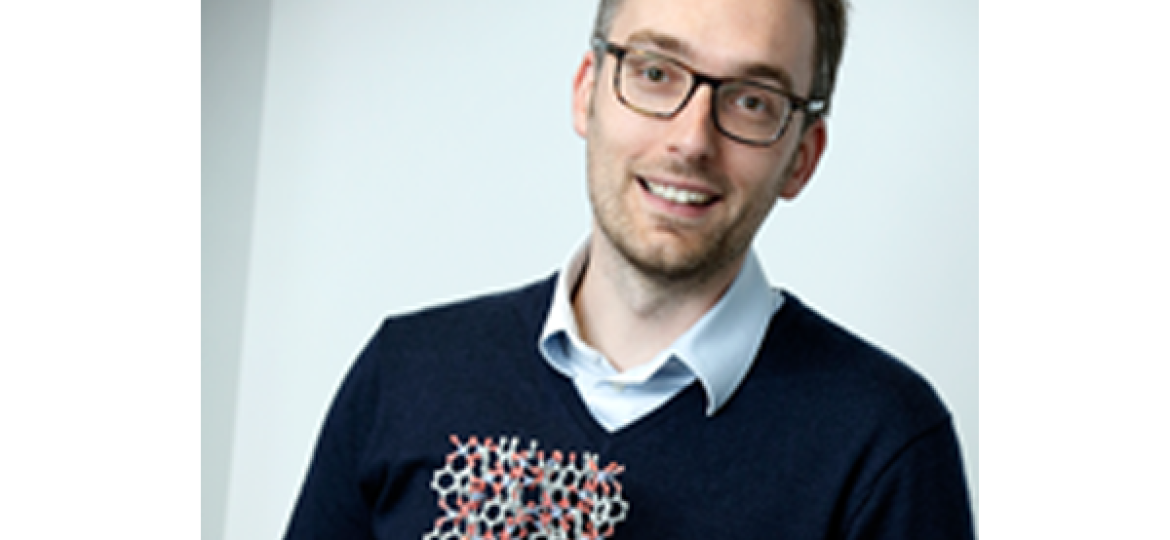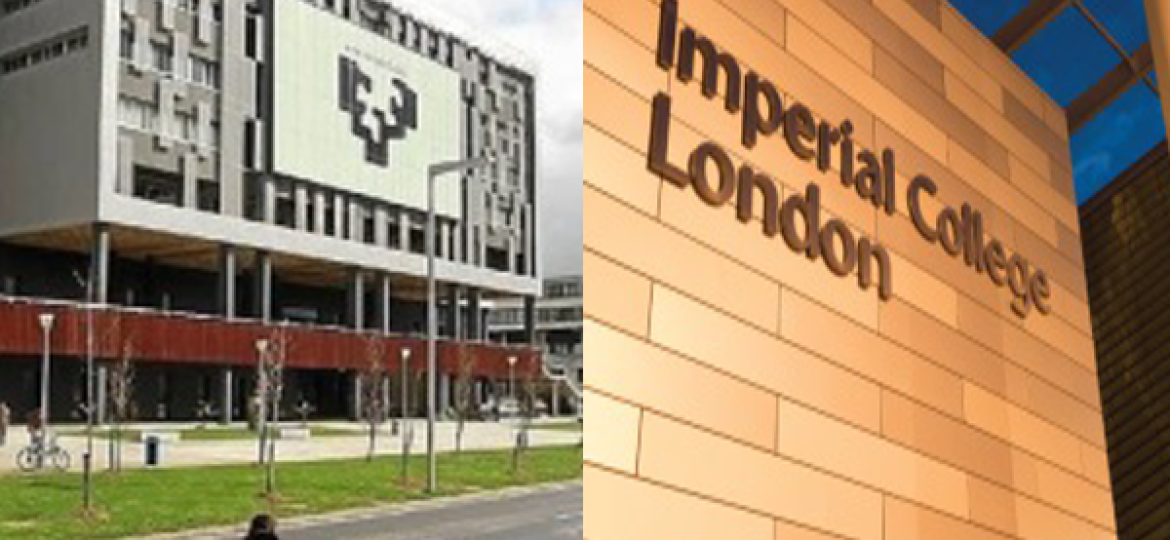Funimat was very well represented at the Novel Porous Materials Symposium held in Australia and the 6th International Conference on Metal-Organic Frameworks and Open Framework Compounds held in New Zealand. Carlos and Natalia presented our last results in Titanium Organic-Frameworks. For more details see here
Montaña earned a Ph.D. in Chemical Engineering in 2018 at the Universidad de Salamanca. As the Chief Technical Officer of Porous Materials for Advanced Applications, S.L. she will be responsible for the implementation of new methodologies for upscaling the synthesis of the most relevant materials produced @FuniMAT.
Isabel was born in Guadalajara and earned his Ph.D. in 2018, working in the group of Ross Forgan at the University of Glasgow. She will be exploring new methodologies for controlling the role of defects over structure and reactivity in MOFs.
Elena is originally from Salamanca. She joins the force with a Juan de la Cierva Formación Fellowship after a Postdoc stay in Versailles. She will approach new strategies for cooperative catalysis in porous materials.
Víctor, Neyvis and Garins work has just been published in Angewandte Chemie Int. Ed. This joint effort shines some light into the underlying mechanism behind the chemiresistive phenomena displayed by electrically conductive MOFs. Taking advantage of our previously reported devices based on Cu-CAT-1 ultrathin films (~30 nm), we used experimental data in combination with computational modelling to obtain evidence for a guest dependent modification of the MOFs electronic structure. This causes a direct dependence between the electrical response of the MOF and guest interactions with its open metal nodes. You can see the full text here
FuniMAT was present at the International Symposium Polymat-Spotlight devoted to 2D and Porous Polymers. Carlos delivered a keynote lecture on Charge Transport in Ultrathin films of Metal-Organic Frameworks
Kim Jelfs (Imperial College of London) and Martijn Zwijnenburg (University College London) visited us to lecture on the recent advances of their teams on the modelling of porous cages and high-throughput screening pf polymer photocatalysts. We are hopeful this will initiate a fruitful collaboration between both groups.
Carlos visited the Universidad Autónoma de Madrid for an invited seminar to present our research on the sidechain engineering of porosity and structural flexibility of peptide metal-organic frameworks.
Rob Ameloot from KU Leuven visited us to lecture on the research of his team on chemical vapor deposition of metal-organic frameworks. We are hopeful this will initiate a fruitful collaboration between both groups.
Carlos visited the UPV/EHU in Bilbao and the Imperial College of London for two invited seminars to present our recent advances in charge transport and photo-activity in metal-organic frameworks.

